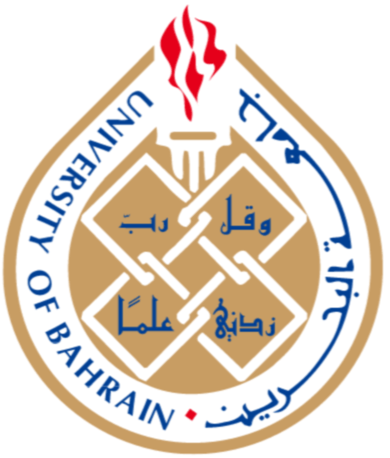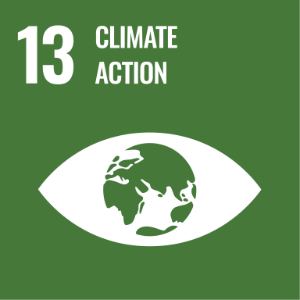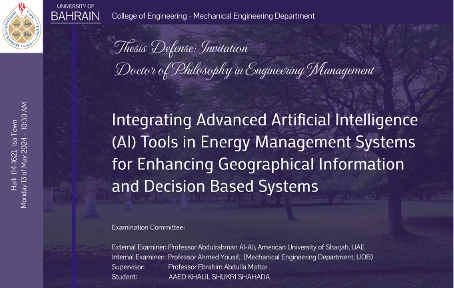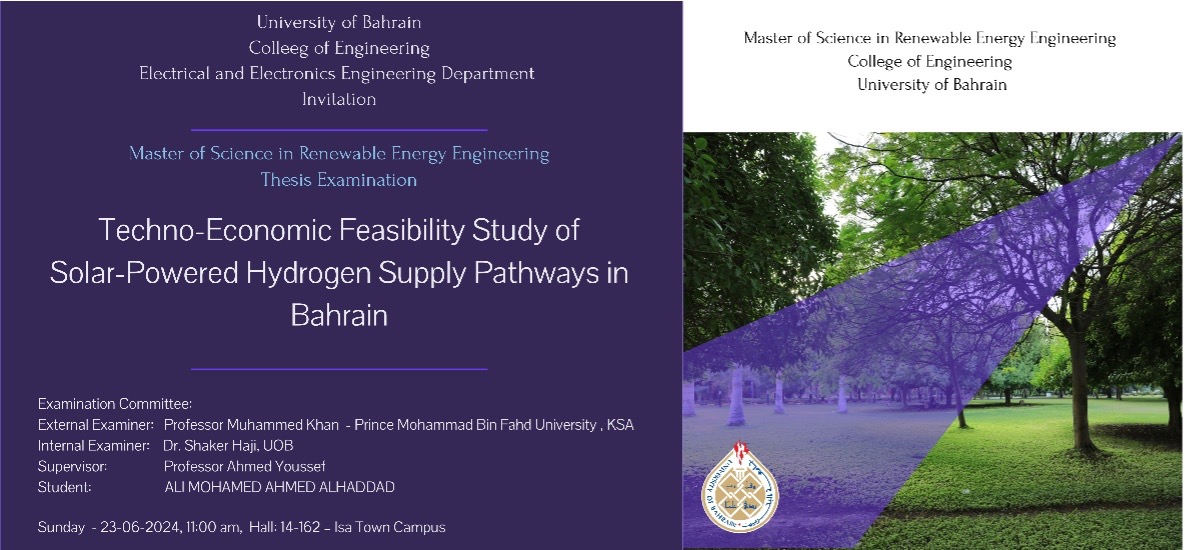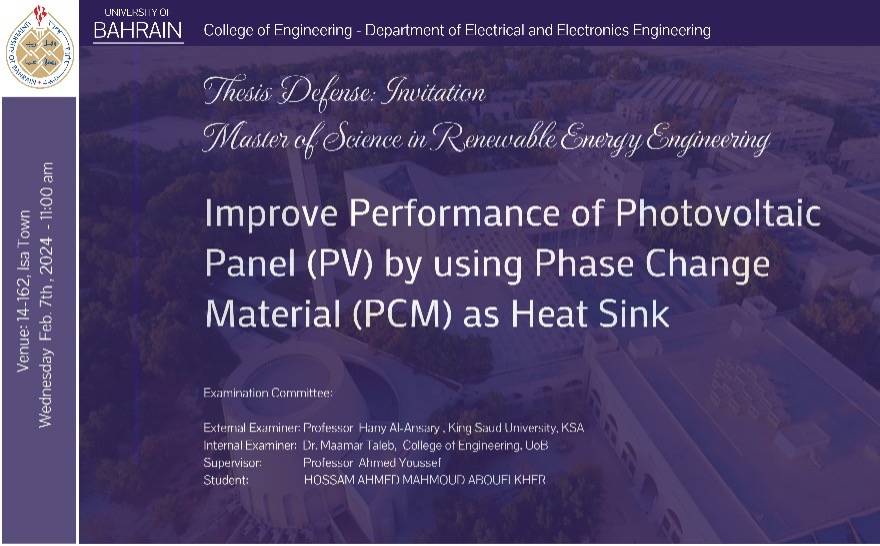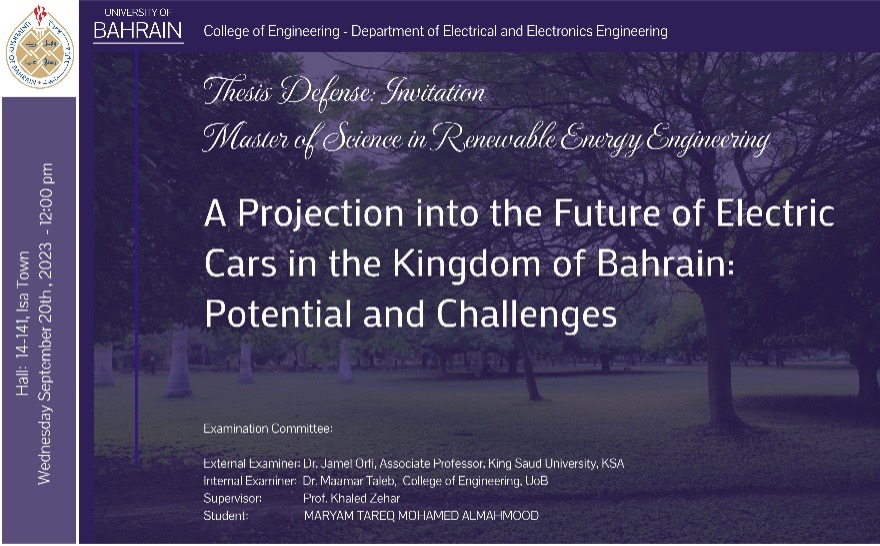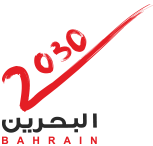Teaching and Learning
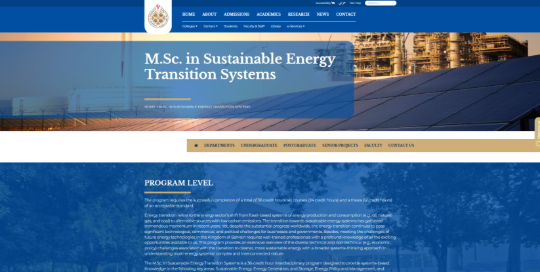
Postgraduate Programs in Renewable and Sustainable Energy
Overview:
The College of Engineering at the University of Bahrain (UoB) has established two postgraduate programs — the Master of Science in Renewable Energy Engineering and the Master of Science in Sustainable Energy Transition Systems — to strengthen education and research capacity in climate-related fields. These programs are designed to equip graduates with the skills and knowledge required to address the challenges of renewable energy integration, energy efficiency, and sustainable development.
Program Objectives and Structure:
- Both programs aim to build human resource capacity in renewable and sustainable energy sectors, preparing professionals to contribute to national and regional climate action.
- The curriculum includes three courses per semester in the first year, focusing on renewable technologies, energy systems, and climate-responsive design, followed by a research thesis in the second year.
- Students undertake research projects addressing real-world sustainability challenges, contributing to Bahrain’s transition toward clean energy and emission reduction.
Impact and SDG Alignment:
These postgraduate initiatives directly support SDG 13 – Climate Action, specifically:
- Target 13.3: Improve education, awareness, and human and institutional capacity on climate change mitigation, adaptation, and impact reduction.
- Indicator 13.3.1: Implementation of local education programs on climate, represented through the establishment of graduate-level degrees dedicated to renewable and sustainable energy disciplines.
Relevant SDG 13 Targets and Indicators:
- Provision of higher education programs and training on climate-related topics.
- UOB Contribution: Offers advanced degrees and UNDP-certified courses in climate science, renewable energy, and sustainable development to build capacity and expertise for climate action.
- Launch of postgraduate programs (M.Sc. in Renewable Energy Engineering and M.Sc. in Sustainable Energy Transition Systems) focused on developing national expertise in renewable energy, sustainability, and climate action.
- Examples of graduate students’ thesis topics in the College of Engineering in the past year are shown below:
Sustainable Environment and Sustainable Development Educational Programs in College of Science
Overview:
The College of Science at the University of Bahrain (UoB) offers advanced graduate programs that directly contribute to climate education and research. These include the M.Sc. and Ph.D. in Environment and Sustainable Development, and the recently launched M.Sc. in Environmental Chemistry. The programs aim to develop scientific expertise and practical competencies in understanding, mitigating, and managing the environmental impacts of climate change.
Program Focus:
- The M.Sc. and Ph.D. in Environment and Sustainable Development focus on climate-related research and the sustainable management of environmental resources, enabling students to investigate the societal and ecological impacts of climate change.
- The M.Sc. in Environmental Chemistry provides an interdisciplinary approach to solving global environmental chemical challenges. It prepares graduates with applied knowledge and analytical skills to contribute effectively to environmental protection and sustainability within industry and academia.
These programs collectively strengthen national and regional capacity to address climate and sustainability issues through education, research, and innovation.
Impact and SDG Alignment:
This initiative directly supports SDG 13 – Climate Action, under the following:
- Target 13.3: Improve education, awareness, and human and institutional capacity on climate change mitigation, adaptation, and impact reduction.
- Indicator 13.3.1: Establishment of local education programs on climate, demonstrated through postgraduate degrees in environmental and sustainable development disciplines.
Relevant SDG 13 Targets and Indicators:
- Provision of higher education programs and training on climate-related topics.
- Delivery of M.Sc., Ph.D., and interdisciplinary graduate programs in Environment, Sustainable Development, and Environmental Chemistry to build human capacity and climate-related expertise.
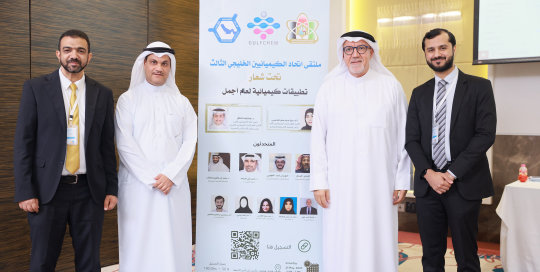
Research Participation in the Third Gulf Chemists Union Symposium
Overview:
A Teaching and Research Assistant from the College of Science at the University of Bahrain (UoB) presented innovative research at the Third Gulf Chemists Union Symposium, held in Ras Al Khaimah, UAE, on May 25, 2024. The study, titled “Transition Metal Loaded Carbon Penta-belt SACs for Hydrogen and Oxygen Evolution Reactions and Identification of Systematic DFT Method to Characterize the Main Interacting Orbital for Non-Periodic System,” explored the potential use of Carbon Penta-belt compounds as support materials for Single Atom Catalysts (SACs) in water splitting reactions.
Research Significance:
- The research aims to advance hydrogen and oxygen production technologies for sustainable and clean energy solutions, contributing to the broader goal of realizing green hydrogen energy in Bahrain.
- The study demonstrates applied research capacity in environmental chemistry and renewable energy, aligning with UoB’s commitment to fostering innovation in sustainability and energy transition.
- The project was conducted under the Environmental Chemistry Master’s Program and supervised by Dr. Tariq Mahmood from the Department of Chemistry, emphasizing the integration of education, research, and climate-related innovation.
Impact and SDG Alignment:
This initiative supports SDG 13 – Climate Action, specifically under:
- Target 13.3: Improve education, awareness, and human and institutional capacity on climate change mitigation, adaptation, and impact reduction.
- Indicator 13.3.1: Local education and research programs on climate — represented through graduate-level research that contributes to renewable energy and sustainable chemistry innovations.
Evidence:
Relevant SDG 13 Targets and Indicators:
- Provision of higher education programs and training on climate-related topics.
- Delivery of M.Sc., Ph.D., and interdisciplinary graduate programs in Environment, Sustainable Development, and Environmental Chemistry to build human capacity and climate-related expertise.
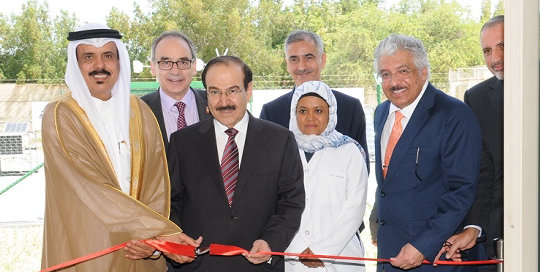
Renewable Energy Labs: Workshops and Training
Overview:
Established in 2018, the Renewable Energy Labs (RELabs) at the University of Bahrain serve as a hub for research collaboration, community outreach, and capacity building in sustainable energy. The labs focus on advancing renewable technologies while providing practical training, public awareness programs, and technical advice to national institutions in the fields of solar, wind, and energy efficiency.
Community Engagement and Education:
In alignment with UoB’s sustainability and outreach strategy, the RELabs conduct educational workshops and interactive school visits to promote environmental awareness among youth.
- School engagement sessions feature hands-on experiments and simplified demonstrations on renewable energy concepts, fostering early interest in sustainability and climate action.
- The initiative encourages future participation in climate solutions and STEM-related renewable energy careers among students.
- RELabs also support national organizations and industries through consultations and knowledge sharing on renewable energy technologies and efficiency measures.
Impact and SDG Alignment:
These activities contribute to the University’s commitment to SDG 13 (Climate Action) and SDG 4 (Quality Education) by fostering environmental literacy and strengthening local capacity for sustainable energy transition.
Relevant SDG Targets:
- 13.3: Improve education, awareness, and human and institutional capacity on climate change mitigation, adaptation, and impact reduction.
- 4.7: Ensure learners acquire knowledge and skills to promote sustainable development and global citizenship.
Key Indicators:
- Number of school visits and training workshops conducted annually.
- Number of students and participants engaged in renewable energy awareness programs.
- Research collaborations and advisory projects with national organizations.
- Outreach materials and demonstrations developed for public education.
Evidence:
- Renewable Energy Labs website .
- Annual outreach and training reports
- Collaboration records with schools and national energy agencies
Relevant SDG 13 Targets and Indicators:
